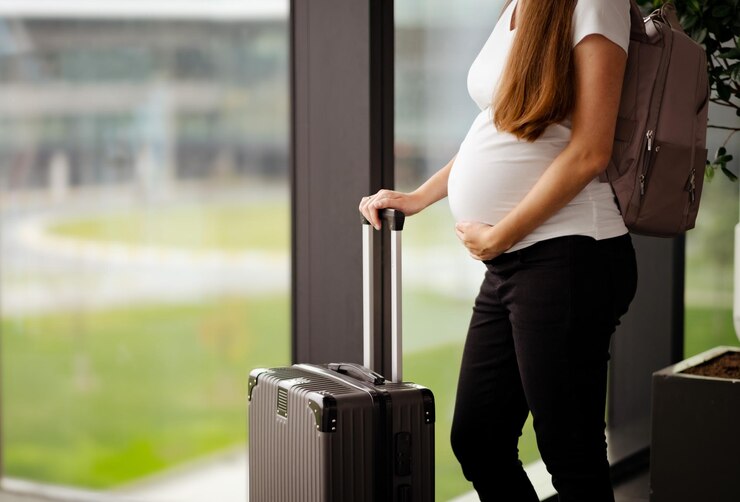Introduction
Traveling during pregnancy can be an exciting experience, but it also requires careful consideration to ensure the health and safety of both the expectant mother and the unborn baby. In South Africa, a country known for its diverse landscapes and vibrant culture, pregnant women may have questions about the precautions and recommendations for safe travel. This article aims to provide guidance on pregnancy and travel in South Africa, highlighting important precautions to take and offering recommendations for a comfortable and enjoyable journey.
Consulting with a Healthcare Provider
Before embarking on any travel plans during pregnancy, it is crucial to consult with a healthcare provider. They can assess the individual’s health status, evaluate any specific pregnancy-related risks, and provide personalized advice regarding travel.
Timing of Travel
The timing of travel is an important consideration for pregnant women. Most healthcare providers recommend avoiding long journeys during the first and third trimesters when the risk of complications may be higher. The second trimester, typically between 14 and 28 weeks, is often considered the safest period for travel.
Choosing the Destination
When planning a trip, it is important to consider the destination’s healthcare facilities and accessibility to medical services. Ensure that the chosen location has adequate medical infrastructure and facilities, especially if traveling to remote or rural areas. Access to quality healthcare is essential in case of any unexpected medical needs.
Mode of Transportation
Selecting the appropriate mode of transportation is crucial during pregnancy. Air travel is generally considered safe for most pregnant women, but it is recommended to check with the airline regarding their policies and any specific restrictions. It is advisable to walk around, stretch, and stay hydrated during flights to reduce the risk of blood clots.
If traveling by road, frequent breaks should be taken to stretch, move around, and maintain good circulation. Wearing a seatbelt correctly and positioning the lap belt below the belly and across the hips is essential for safety.
Health and Safety Precautions
- Hydration and Nutrition: Staying well-hydrated is important during pregnancy, especially while traveling. Carry a refillable water bottle and drink plenty of fluids throughout the journey. Pack nutritious snacks to maintain energy levels.
- Comfortable Clothing and Footwear: Choose loose-fitting, comfortable clothing and supportive footwear to ensure comfort during travel. Avoid tight or restrictive clothing that can restrict blood flow.
- Sun Protection: South Africa’s climate can be quite sunny and hot. Protect the skin from sunburn by wearing a wide-brimmed hat, using sunscreen with a high SPF, and seeking shade during peak sunlight hours.
- Mosquito Protection: In areas where mosquito-borne diseases such as malaria are prevalent, take appropriate measures to prevent mosquito bites. Wear long sleeves, use mosquito repellents, and consider staying in accommodations with screened windows or air conditioning.
- Food and Water Safety: Maintain good food and water hygiene practices to prevent foodborne illnesses. Drink bottled water or use water purification methods, avoid consuming undercooked or raw foods, and opt for freshly prepared meals from trusted establishments.
- Travel Insurance: It is highly recommended to have comprehensive travel insurance that covers medical emergencies, including pregnancy-related complications, while traveling in South Africa.
Listen to Your Body
During travel, it is important to listen to your body and take breaks as needed. Pay attention to any signs of fatigue, discomfort, or unusual symptoms. If experiencing any concerning symptoms, seek medical attention promptly.
Conclusion
Pregnancy and travel in South Africa can be a wonderful experience with proper planning and precautions. Consulting with a healthcare provider, choosing the right timing, and considering destination-specific factors are essential. Taking care of health and safety by staying hydrated, wearing comfortable clothing, protecting against the sun and mosquitoes, practicing food and water safety, and having appropriate travel insurance are crucial steps for a smooth and enjoyable journey. By prioritizing the well-being of both the expectant mother and the baby, pregnant women can have a safe and memorable travel experience in South Africa.










